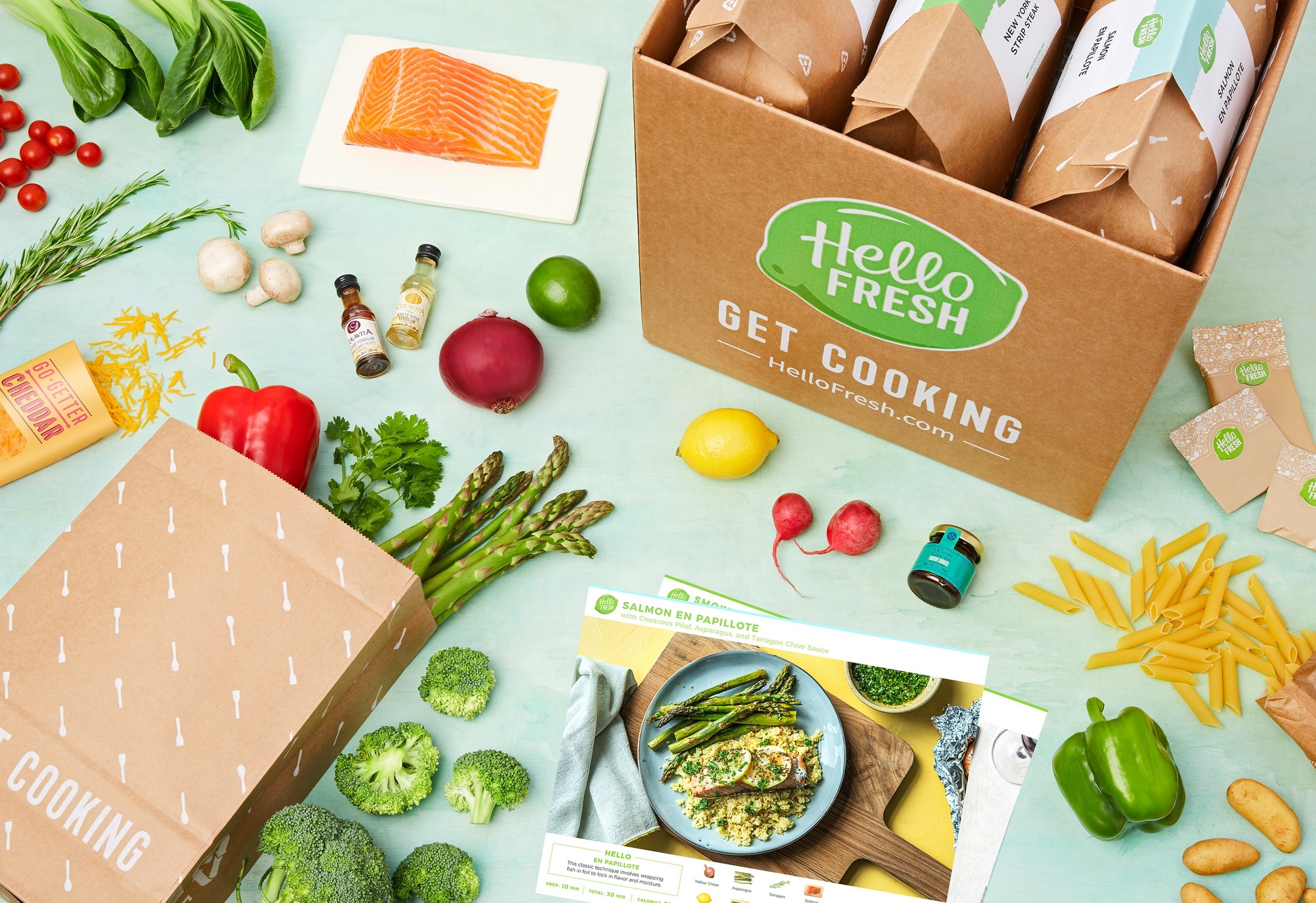In less than a year, international meal kit player HelloFresh has reduced its land-fill bound waste by 65% with the help of Boston-based startup Spoiler Alert, a software and professional services startup that helps food businesses manage unsold inventory.
The meal kit company contacted Spoiler Alert in the spring of 2017 and began a pilot with HelloFresh’s New Jersey distribution center in July. By December, they were ready to roll out the program in all of HelloFresh’s US centers. HelloFresh delivered 39.5 million meals to customers in the three-month period from October 2017 to December 2017.
“[Spoiler Alert] integrates very easily into our data infrastructure. We first tested it at one site and our Table to Table [food rescue] partner was very positive on the tool. We very quickly went from an initial screen to the pilot,” HelloFresh COO and managing director Uwe Voss told AgFunderNews.
In addition to reducing the amount of waste headed to a landfill, through the partnership, HelloFresh reports it has reduced waste-hauling pickups by 44%, and nearly doubled the percentage of unsold inventory donated to charities, from 33% to 61%.
Meal kits generally market themselves on the reduction of food waste. Indeed, the largest contributor to food waste is the end of the supply chain with 42% coming from the home according to ReFED. By supplying customers with exact quantities of ingredients for each recipe, HelloFresh and its competitors can help to reduce residential food waste, but in any food service operation, the need to forecast demand and the desire to be able to fulfill every order can lead to waste.
HelloFresh further has strict specifications for fresh produce in terms of size and appearance both to satisfy customers and fit into the packaging the company uses. Further, the fruits and vegetables must be fresh enough to withstand the shipping process. Voss said that the company has worked closely with suppliers to meet these unique standards.
Emily Malina, cofounder and chief product officer at Spoiler Alert added, “From our perspective, the aesthetic requirements around food is one of the leading causes of surplus and waste. But within the meal kit space what we’ve seen is that it’s more a matter of managing supply and demand.”
Malina told AgFunderNews that HelloFresh was a particularly amenable customer due to the tech-enabled nature of the business.
“The meal kit industry is a rather data-driven part of the supply chain. It didn’t exist as a model until five or six years ago. They think about data, supply, demand, and waste in a very different way and are willing to be quite agile to improve their business as it relates to waste,” she said.
Voss told AgFunderNews that the decision to put resources behind food waste management was based on the promise of the company to eliminate food waste with its product, desire for transparency, and community service. He also added that since that produce purchased by HelloFresh and not sold hits the bottom line so mitigating food waste wherever possible also helps the bottom line — especially important since the company went public late last year.
Spoiler Alert was founded in 2015 and HelloFresh isn’t its largest customer. The Boston-based status has been working with food service giant Sysco since 2016. Spoiler Alert has doubled its team since raising a $2.5 million seed round in 2016 from Acre Venture Partners, Valley Oak Investments, and the Fink Family Foundation among others.
HelloFresh is also working to tackle the number one complaint received by various meal kit companies: packaging.
“One of the concerns that consistently comes up if you speak to our consumers is packaging waste. If you look at our product, that makes sense. Part of our mission to be a sustainable player is to reduce that,” said Voss, who said the company has reduced the overall packaging content by 30% in the last year.
That packaging though, has been a major part of getting fresh food to customers in good condition.
“Five years ago I don think there was a ready-to-go model to do meal kits. We would rely on logistics companies. There wasn’t a market out there for the packaging that you buy to have perfect quality and keep your produce fresh. It was developing the supply chain that ultimately facilitated the business and the portfolio of players that you see in the market right now,“ said Voss.





